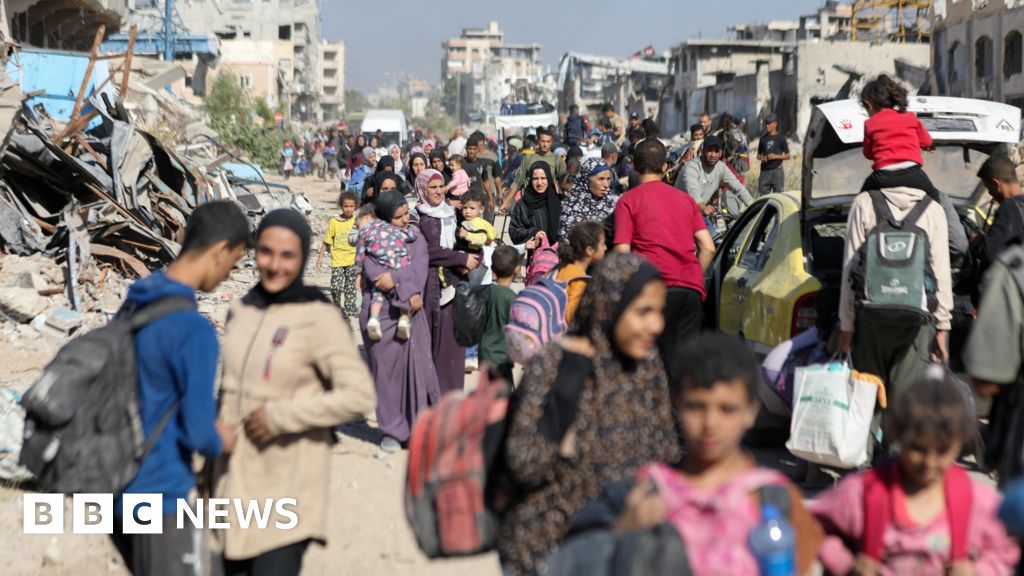Place your adverts here on InfoDig @ low rates; banner ads, sponsored links and guest articles etc. Contact us
The World Bank has announced plans to significantly increase its commitment to agricultural financing, with annual investments set to reach $9bn by 2030.
This was disclosed by the World Bank’s president, Ajay Banga, during the Annual International Monetary Fund (IMF) and World Bank Group meetings on Wednesday.
Banga emphasized the institution’s strategic approach to addressing global food security challenges, stating, “We’ve examined the challenges from every angle—how to increase food production, boost productivity, and resolve issues around water scarcity, fertilizers, infrastructure, and financing.”
He also highlighted a fresh perspective in addressing these issues, adding, “We are combining a new way of working with a new level of investment.”
The multilateral lender attributed this increased funding capacity to recent shifts in the agribusiness landscape and reforms within the World Bank itself, which are expected to facilitate a substantial boost in the financing available for agriculture.
One was to tap more into climate finance resources, with the sector – increasingly vulnerable to climate risks and a significant contributor to emissions – currently only receiving 4 per cent of climate finance globally.
Increasing the use of de-risking tools such as credit guarantees, first-loss facilities, and insurance instruments help make lending safe and more commercially viable and pull in more private capital, Banga added.
Meanwhile, advancements in digitalisation also made it easier to aggregate farming businesses and connect them to buyers and financial service providers.
This commitment reflects the World Bank’s focus on addressing critical issues in the global agricultural sector, particularly as the world grapples with food security concerns exacerbated by climate change, supply chain disruptions, and economic volatility.
Nigeria, like some countries, is facing food challenges following rising inflation. Nigeria’s headline inflation rate for September 2024 rose to 32.70 per cent after slowing consecutively in the previous two months of July and August.
This was according to the latest Consumer Price Index report from the National Bureau of Statistics.
It is a marginal increase of 0.55 per cent from the August 2024 figure of 32.15 per cent, reflecting ongoing price pressures across the country.
Year-on-year, inflation has surged by 5.98 percentage points compared to the 26.72 per cent recorded in September 2023.
Food prices remain a key driver of inflation, with the food inflation rate climbing to 37.77 per cent in September 2024, a notable rise of 7.13 per cent from the 30.64 per cent recorded in the same period last year.
The increase in food inflation is largely attributed to rising prices of staples such as rice, maize, beans, and yams.
Month-on-month, the food inflation rate also increased to 2.64 per cent in September 2024, up from 2.37 per cent in August.

















 English (US) ·
English (US) ·